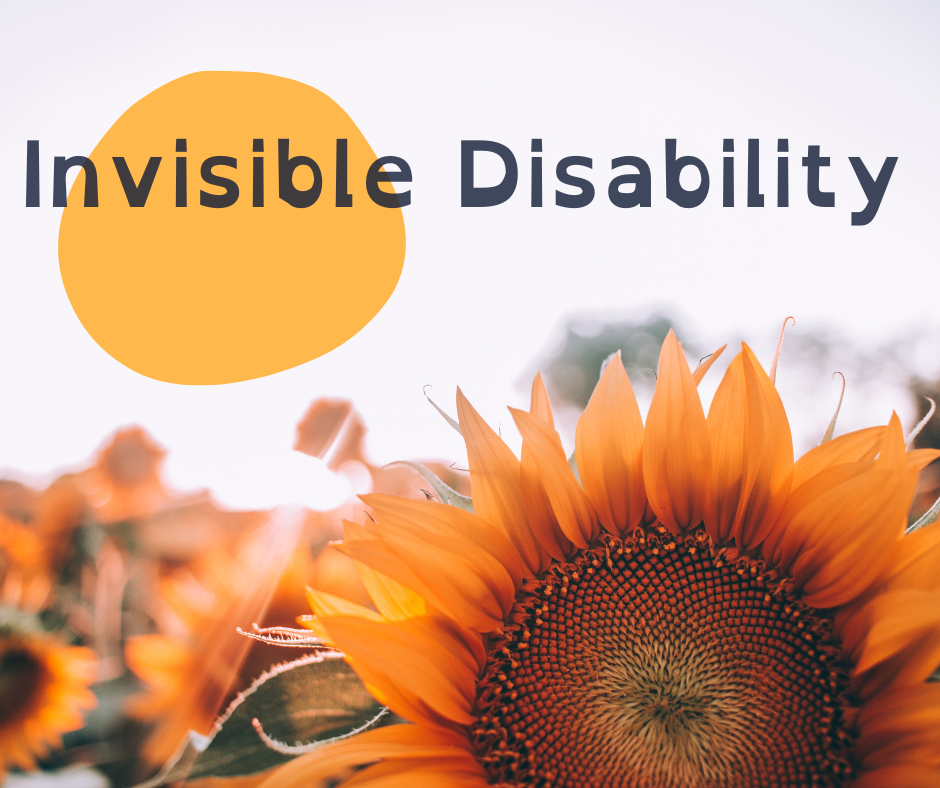Autistic Burnout
- julietbcounselling
- Apr 18, 2025
- 3 min read

If you're autistic—or suspect you might be—you might know what it feels like to hit a wall where everything becomes too much. You're not just tired. You're overwhelmed, emotionally drained, and even basic tasks feel impossible. This isn’t laziness or a lack of willpower. It could be something called autistic burnout.
🧠 What Is Autistic Burnout?
Autistic burnout is a state of intense mental, emotional, or physical exhaustion caused by the cumulative stress of navigating a world that often doesn't accommodate neurodivergent needs.
It’s more than being worn out—it can involve:
A loss of skills (like speech, executive functioning, or sensory tolerance)
Increased sensitivity to sound, light, or social interaction
Withdrawal and shutdowns
Heightened anxiety or depression
Feeling like you're “losing yourself” or going numb
Burnout can last days, weeks, or even months, especially if the underlying causes aren’t addressed.
⚠️ What Causes Autistic Burnout?
Many autistic people spend much of their lives masking—suppressing or hiding their natural behaviours to fit in socially. While this can help in the short term, it takes a huge toll over time.
Common contributors to burnout include:
Masking or camouflaging for long periods (at work, in school, socially)
Sensory overload (noise, lights, crowds, unexpected changes)
Social exhaustion or pressure to conform
Being misunderstood or unsupported
Lack of downtime or recovery between demands
It’s the result of doing too much, for too long, in environments that are draining rather than nourishing.
🔁 How Is It Different from Depression or General Burnout?
While autistic burnout can look like depression or work-related burnout, the root cause is different. It stems from sustained cognitive and sensory overwhelm, not just external pressures or emotional stress.
You might still enjoy the things you love in theory, but you don’t have the capacity to engage with them. There’s often a deep desire to connect, create, or express—but no internal fuel left to do it.
💬 What Does Autistic Burnout Feel Like?
Here’s how some people describe it:
"It’s like my brain has shut off, but I’m still expected to function."
"I can’t answer the phone, I can’t even think about what I need to do next."
"I feel like I’m made of static. Everything is loud and painful and wrong."
If this sounds familiar, you’re not alone—and you’re not broken.
🌿 How to Recover from Autistic Burnout
Recovery takes time, compassion, and often a serious rethinking of what your mind and body actually needs.
Here are some ways to support yourself (or someone you love) through burnout:
1. Reduce Demands
Say no to extra obligations—even social ones.
Take sick leave or have a break if possible.
Lower your expectations of what can be achieved.
2. Unmask Where It’s Safe
Let go of the pressure to "perform" neurotypical behaviour when you’re with safe people.
Give yourself permission to stim, rest, go nonverbal, or just be.
3. Create Sensory Relief
Use noise-cancelling headphones, weighted blankets, soft lighting.
Avoid overstimulating environments (shops, public transport) if you can.
4. Routine, Rest, and Regulation
Gentle routines can help reduce uncertainty.
Prioritise food, water, and sleep—even if it’s hard.
Allow yourself rest without guilt.
5. Seek Neurodivergent-Affirming Support
A therapist who understands autistic experience (or is neurodivergent themselves) can make a world of difference.
Connect with https://www.autism.org.uk/ and online communities to feel less alone.
❤️ Final Thoughts: You Deserve Rest, Not Resistance
Autistic burnout isn’t a failure—it’s a message from your nervous system that you’ve been coping too hard, for too long.
You're allowed to rest. You're allowed to be supported. You don’t need to earn recovery by pushing yourself even further.
If you’re struggling, consider reaching out to a counsellor who understands neurodivergent experience. You don’t have to navigate this alone.
If you're experiencing autistic burnout and looking for compassionate, neurodivergent-affirming counselling, I offer a safe, supportive space to explore what you need—without pressure to mask or explain.






Comments